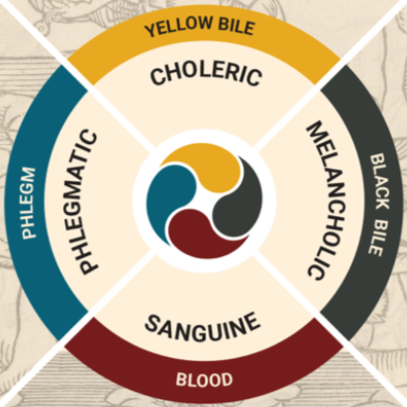Make Your Point > Archived Issues > MELANCHOLY
See this issue on Make Your Point, Jr.
Send Make Your Point issues straight to your inbox.
(Source)
"Melancholy" traces back through Old French and Latin to a Greek word meaning "sadness," melankholia, which has bits that literally mean "(having too much) black bile."
Part of speech:
Pick the common, serious, formal word "melancholy" (instead of plainer synonyms like "sad," "glum," "blue," "heavy-hearted," and "miserable") when you want to emphasize how someone seems to be feeling deep, dark, serious, quiet, and hopeless.
"A loose piece of corrugated iron roofing was banging in the cold wind with a melancholy sound."
Explain the meaning of "melancholy" without saying "depressed" or "gloomy."
Fill in the blank: "Melancholy music plays as (something very sad happens in a show or a movie)."
Try to spend 20 seconds or more on the game below. Don’t skip straight to the review—first, let your working memory empty out.
1.
The opposite of MELANCHOLY could be
|




